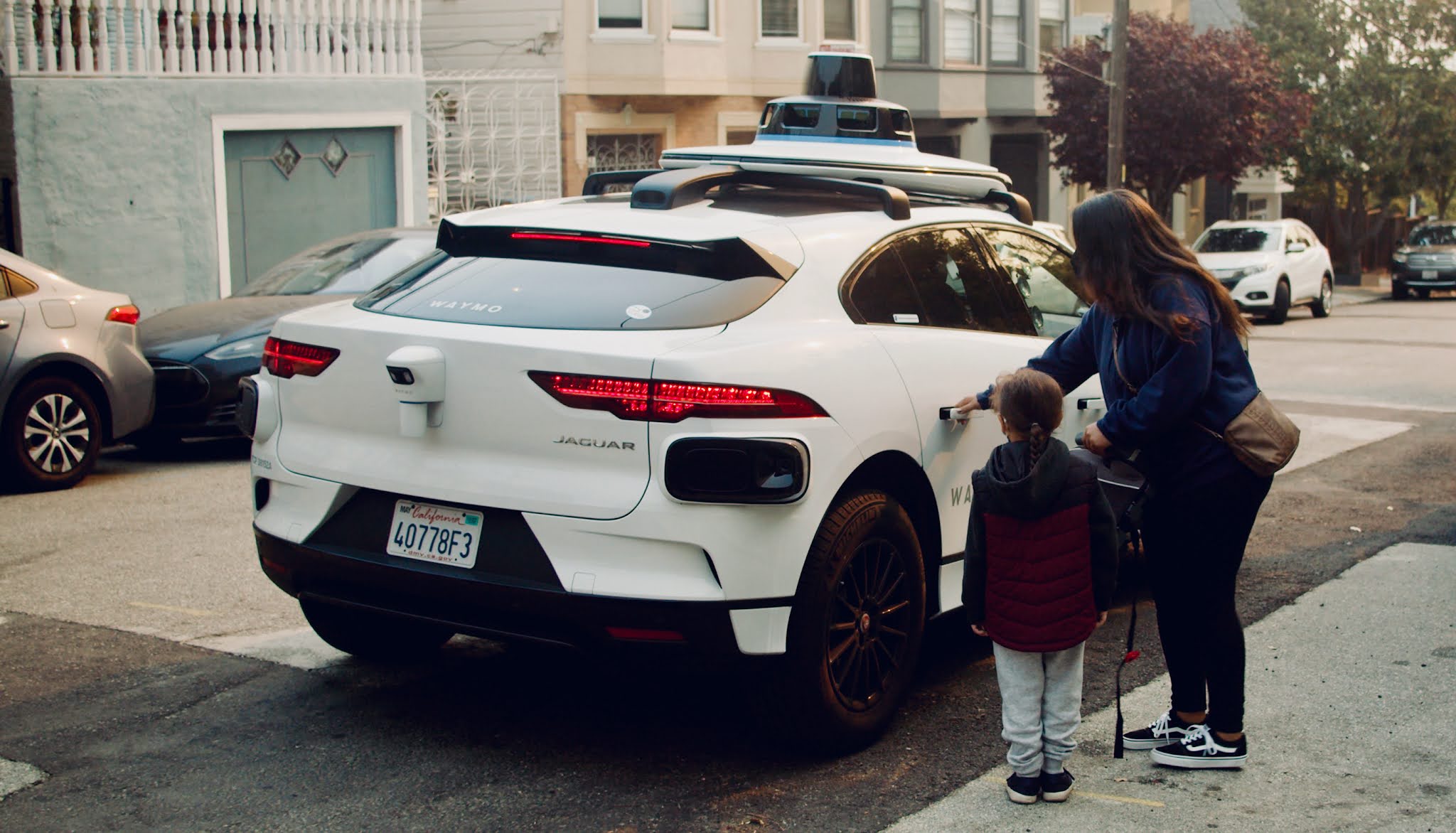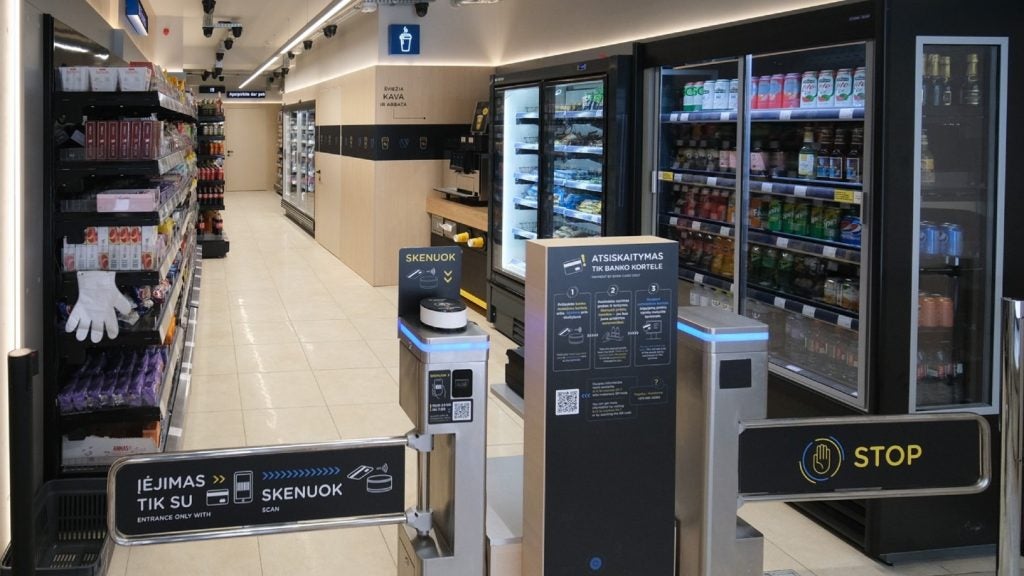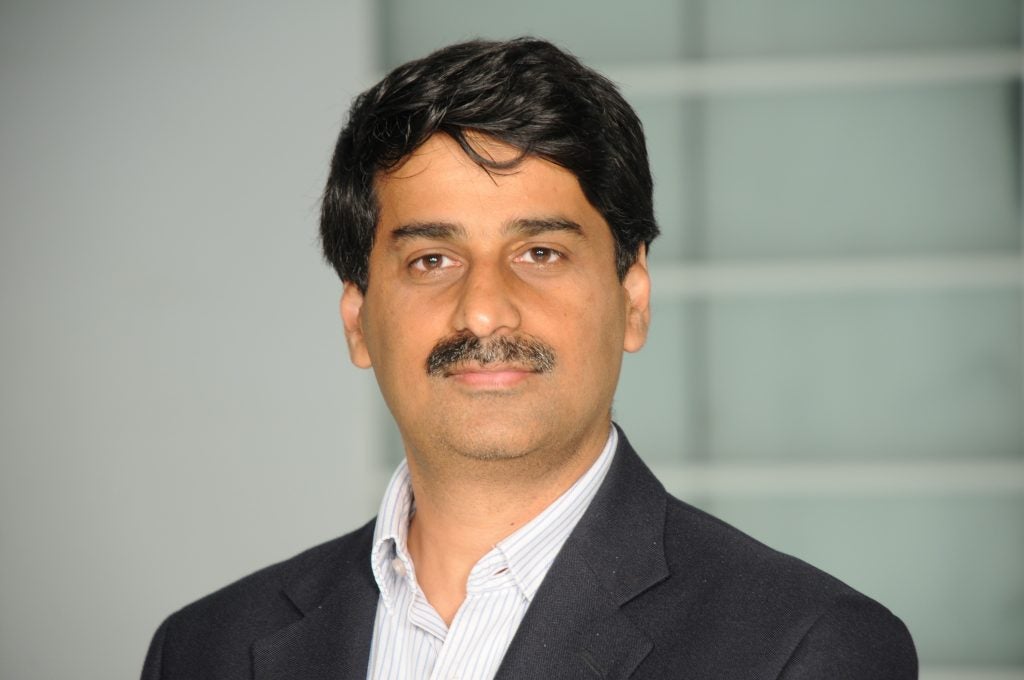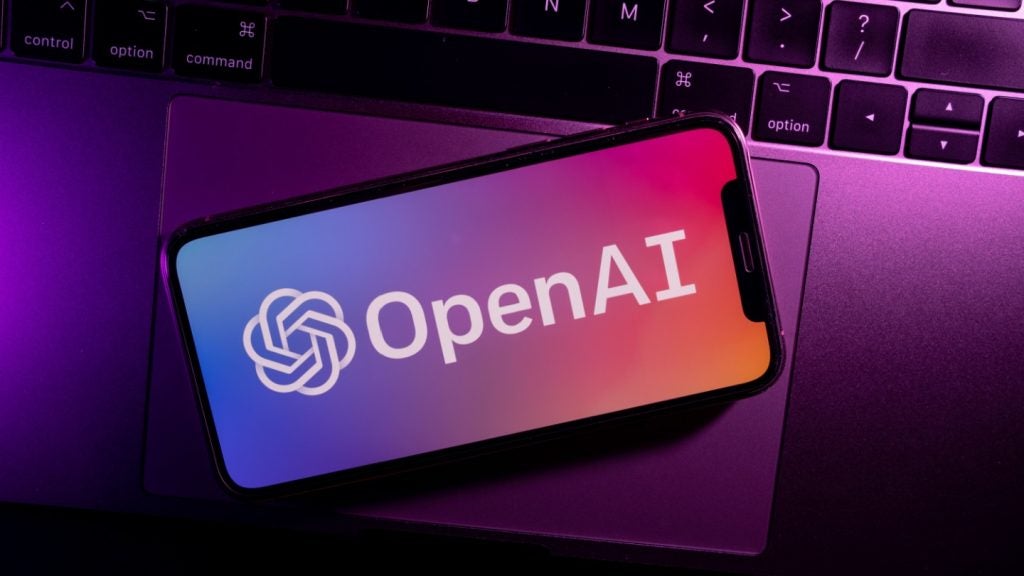
Alphabet-owned self-driving car company Waymo is now offering select people rides in its autonomous taxis around San Francisco. But there’s a catch – passengers are sworn to secrecy by non-disclosure agreements.
On Tuesday the company, which began as Google’s self-driving car project in 2009, said its all-electric Jaguar I-PACE vehicles would be available in residential parts of the city.
There are a few more caveats. Only hand-selected members of the Waymo One Trusted Tester programme can take a trip in the autonomous vehicle, which are hailed using the Waymo One smartphone app.
Human operators will sit in the driver’s seat in case of emergency, although they do not need to keep their hands on the wheel.
For now, it is free for the select few San Franciscans taking trips. Passengers are instead asked to pay with their feedback.
“From using the Waymo One app, to pickup and drop-offs, to the ride itself, we receive valuable feedback from our riders that allows us to refine our product offering as we advance our service,” Waymo said in a press release.
How well do you really know your competitors?
Access the most comprehensive Company Profiles on the market, powered by GlobalData. Save hours of research. Gain competitive edge.

Thank you!
Your download email will arrive shortly
Not ready to buy yet? Download a free sample
We are confident about the unique quality of our Company Profiles. However, we want you to make the most beneficial decision for your business, so we offer a free sample that you can download by submitting the below form
By GlobalDataIt is Waymo’s second test location after running a similar test programme – instead branded as “Early Rider” – in the suburbs of Phoenix, Arizona.
That scheme progressed last October to offer an autonomous taxi service to the general public. While this was still limited to a specific part of the city and usually monitored remotely by human safety personnel, riders were allowed to discuss their journeys and take pictures and videos.
Waymo said it hopes to offer trips in its robotaxis to anyone in San Francisco in less than three years, a quicker timescale than in Phoenix.
The Trusted Tester programme will also be accessible for people with disabilities.
Waymo said it has collected 12 years’ worth of driving data from San Francisco. Earlier this year it started offering autonomous rides to its employees based in San Francisco.
Waymo arrives in San Francisco, but driverless cars face speedbumps
Despite recent advances, fully autonomous level 5 vehicles are not close to taking over roads.
“Companies that have made big bets on the technology will continue to push towards commercialisation, but it could be closer to 2035 before we begin to see any meaningful employments of fully self-driving vehicles,” GlobalData analysts noted in a thematic report on autonomous vehicles.
The most advanced certified autonomous car is Honda’s Legend sedan, which at level 3 can control acceleration, braking and steering under certain conditions.
Perfecting the technology is tricky – and expensive. In June, Waymo raised another $2.5bn in external funding to shift its plans up a gear.
On Tuesday, Elon Musk said the current version of Tesla’s full self-driving technology is “actually not great”, but his engineers are “rallying to improve as fast as possible”.
It was a rare concession from the Tesla and SpaceX boss, who has a track record of overpromising.
Previously the CEO said that by 2020, there would be “over a million cars with full self-driving, software, everything.”
A big challenge for autonomous vehicle makers is the huge amount of processing power required to compute the data gathered from the car’s sensors in real-time.
Waymo is not alone
Waymo is not the only company developing commercial autonomous vehicles. Chinese search engine Baidu has an autonomous vehicle programme that aims to roll out a fleet of 1,000 fully autonomous cars over the next three years.
Chinese ride-hailing firm Didi Chuxing also has a self-driving vehicle programme, while US-based Uber sold its autonomous car division Aurora last December.
In Russia, Yandex has partnered with food delivery platform Grubhub for autonomous deliveries on college campuses.
According to GlobalData’s autonomous vehicle thematic scorecard, Baidu ranks top for the future of mobility with Didi Chuxing and Alphabet (Waymo) coming in second and third, respectively.
For a deeper dive into the current state of play for autonomous vehicles, check out our self-driving car explainer.







